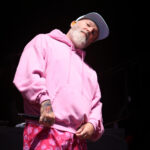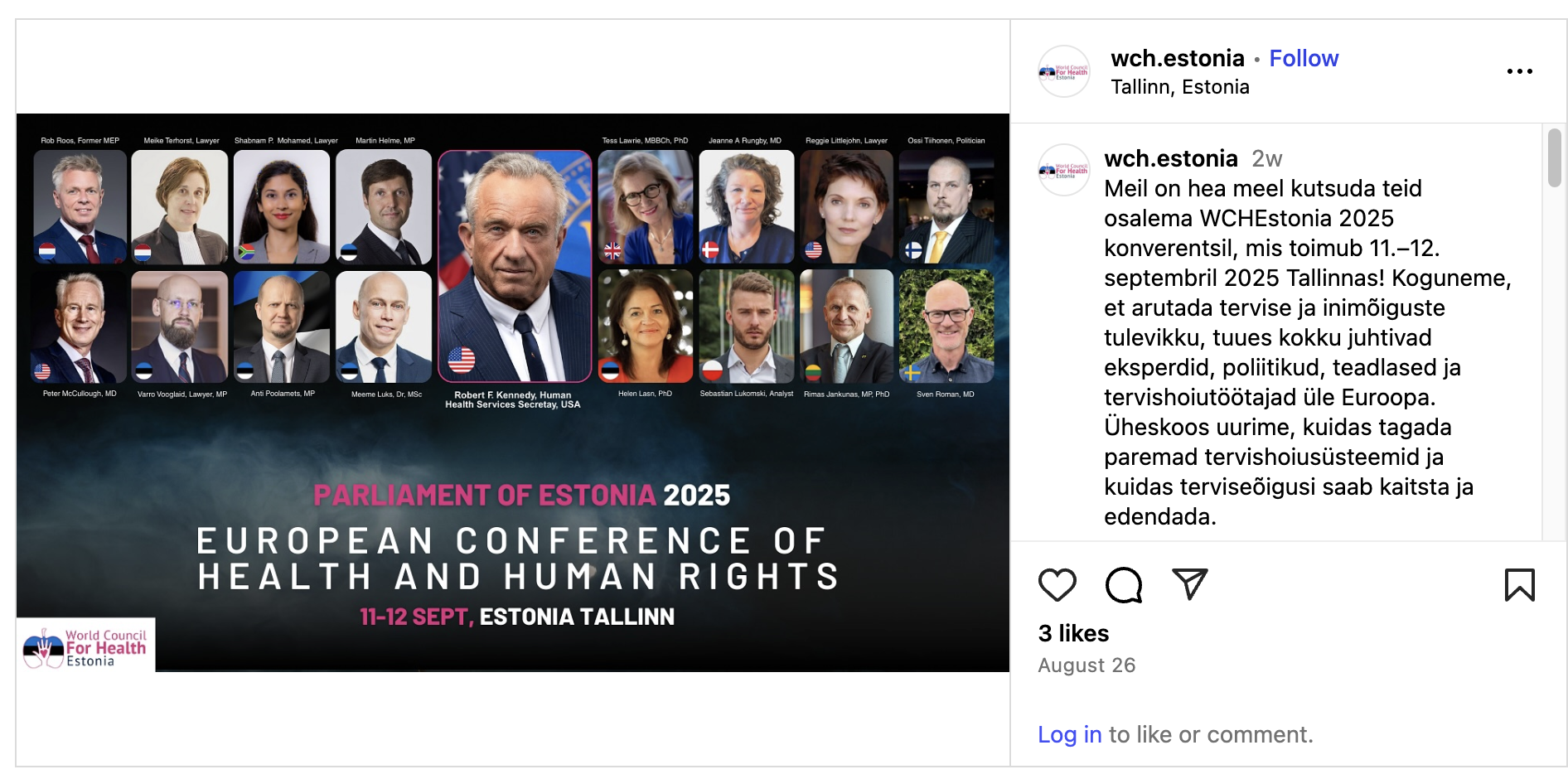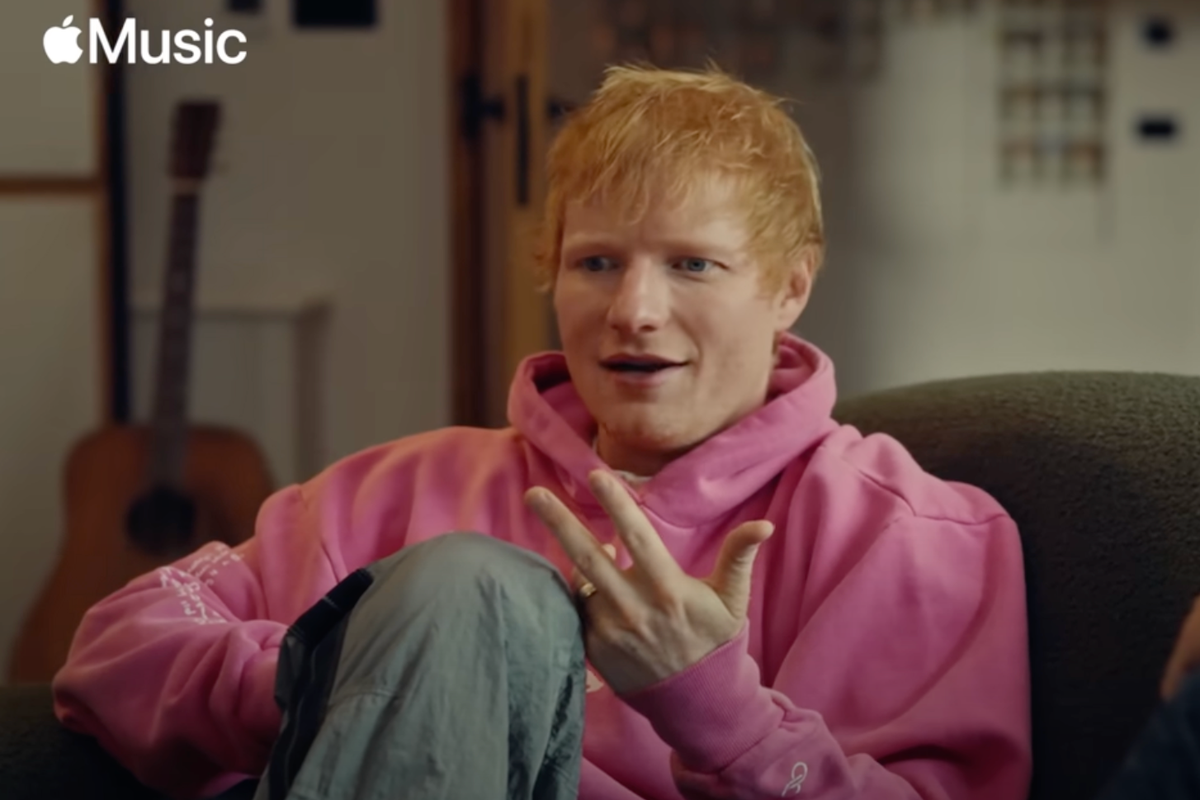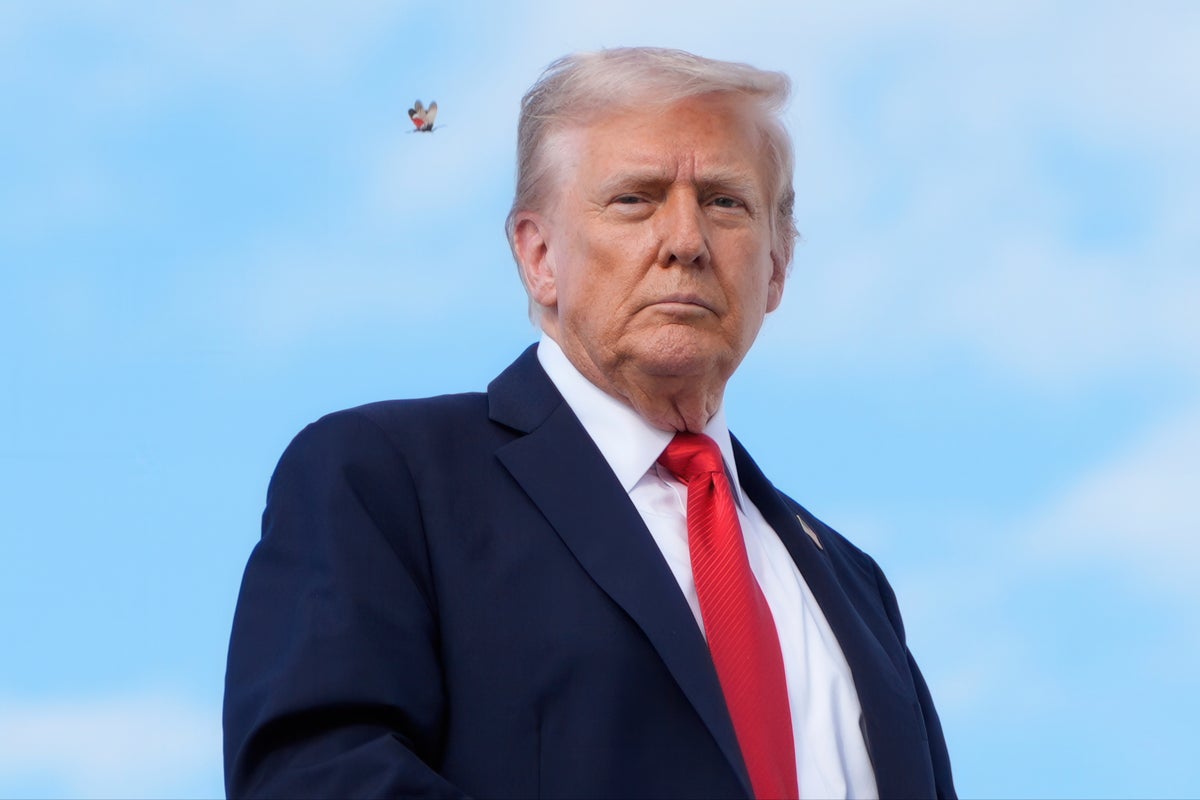Last week, organizers for the “European Conference of Health and Human Rights” announced a change: Their keynote speaker, US Health and Human Services Secretary Robert F. Kennedy Jr., had withdrawn after Estonian politicians reportedly called Kennedy a “quack” and “cuckoo.”
It was the end of an odd saga. A month earlier, organizers announced Kennedy was set to appear remotely as the keynote speaker at the conference hosted by the Estonian chapter of the World Council for Health (WCH), a group that promotes vaccine skepticism and bogus claims about the effectiveness of both ivermectin and hydroxychloroquine to treat Covid. Kennedy had featured prominently in promotion and in social media posts for the event, which began on Thursday.
But, earlier this month, the conference ran into trouble. According to a report from Estonian Public Broadcasting, the World Council for Health Estonia event was organized to be held at the Riigikogu, Estonia’s parliamentary building. Two Members of Parliament from the Estonian Conservative People’s Party (EKRE)—which has been described as “ultranationalist”—planned to attend. And the EPB report even described one EKRE MP, Martin Helme, as an organizer of the conference. (The EKRE is known for its hardline stances against gay marriage, feminism, and immigration.)
This mixing of Estonian government resources with pseudoscience and Kennedy caused outrage. According to EPB, the country’s Minister of Social Affairs, Karmen Joller, objected strongly to the conference being held in the Riigikogu. She called the conference organizers a “bunch [who are] spreading pseudoscience” and said having the conference there would cause reputational damage. “Such an event would undoubtedly affect the reputation of Estonia as a state,” she reportedly wrote. The World Council for Health claimed that Social Minister Joller also publicly called Kennedy “cuckoo in the head.” (Joller did not respond to several requests for comment.)
On September 1, the WCH announced in a press release both Kennedy’s withdrawal and that the conference would also no longer be held in the Estonian parliamentary building.
Designed to look like a legitimate health organization with an anodyne name and bland logo, the WCH, which first appeared in 2022, was set up to serve as an international umbrella organization for groups that promote vaccine skepticism and Covid misinformation. WCH’s subgroups include the Front Line Covid-19 Critical Care Alliance, which promoted ivermectin use in the US (and which has since changed its name to the Independent Medical Alliance), and the BIRD Group, which pursues a similar agenda in Britain.
The schedule for the conference that Kennedy dropped out of shows the group’s focus on anti-vaccine material and medical freedom claims. The speakers include Dr. Peter McCullough, an American cardiologist whose board certifications were revoked after he spent years promoting Covid and vaccine misinformation. (His address is titled “Conseqences [sic] of Heart Damage after COVID-19 Vaccination.”).
Dr. Mark Trozzi, a Canadian doctor who has also been accused of promoting vaccine misinformation, is giving a speech about Covid vaccine injury.


A spokesperson for HHS did not answer questions about why Kennedy agreed to appear at the conference, whether he considers WCH legitimate, or why he withdrew, confirming only that he was not participating in the conference.
“[D]ue to political and personal attacks directed at Robert F. Kennedy Jr., the U.S. Department of Health and Human Services (HHS) has withdrawn his video participation,” the release read, in part. “It is deeply concerning that in today’s Estonia, open dialogue on health-related matters is being suppressed, and fundamental freedoms, including freedom of speech, are increasingly disregarded at official levels.”
The conference is now taking place at a Radisson hotel in downtown Tallinn, a slightly less impressive venue than a parliamentary building.
Helme, the current EKRE member who was listed as an organizer of the conference, wrote on Facebook that Estonian politicians had been “beyond disrespectful” towards Kennedy, accusing them of referring to him as a “quack.” Helme also praised Kennedy as someone who “has stood firm against the corruption in the medical system for years and stepped up to protect children in the attempts of super powerful lobby groups to make money at the expense of children’s health.” (Helme’s statement also appears to refer to Kennedy as “a scientist,” which he is not.)
The planned content of Kennedy’s speech suggests that his health policy ambitions may go beyond the United States. In it, he speaks of his goal of further “collaboration” between the US and Europe.
A press release—still available on WCH Estonia’s website—gave extensive detail about what Kennedy hoped to discuss, saying he would focus on “key areas of international and regional relevance including the WHO Pandemic Treaty and the International Health Regulations (IHR). He will also likely discuss his perspective on why European countries should consider not ratifying the proposed WHO Pandemic Treaty, noting that the deadline for IHR amendments has already passed for most European nations.” (The WHO Pandemic Treaty was signed by member countries in May and is an agreement to work together to help prevent and respond to future pandemics; the United States did not sign it after President Trump announced the country’s withdrawal from the WHO in January.)
Additionally, the press release added, “[Kennedy] is anticipated to address the major issues shaping healthcare policy, including transparency, accountability and public trust, and explore opportunities to strengthen collaboration between Europe and the United States, particularly in areas of health sovereignty, policymaking, and the protection of human rights.”















